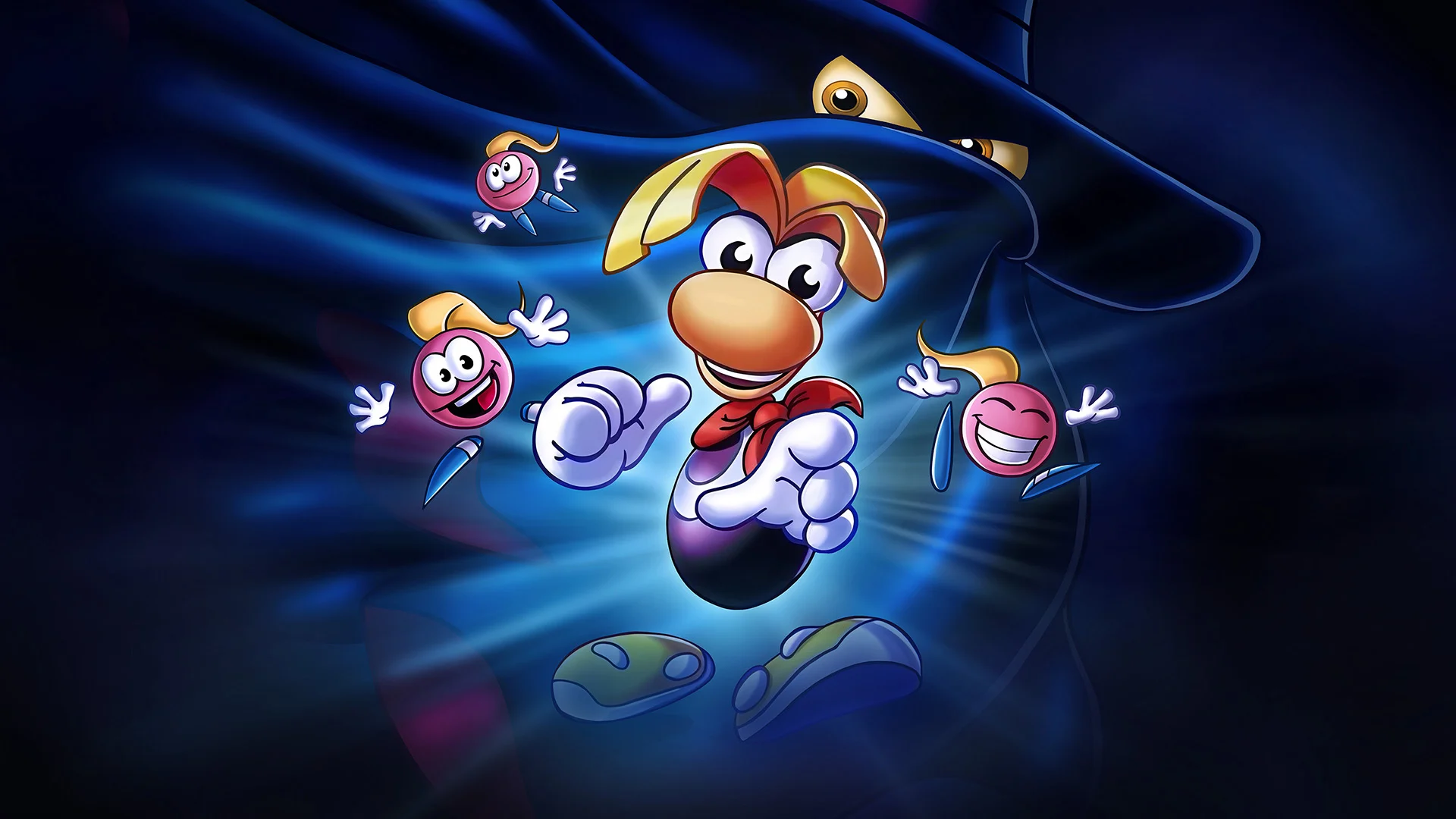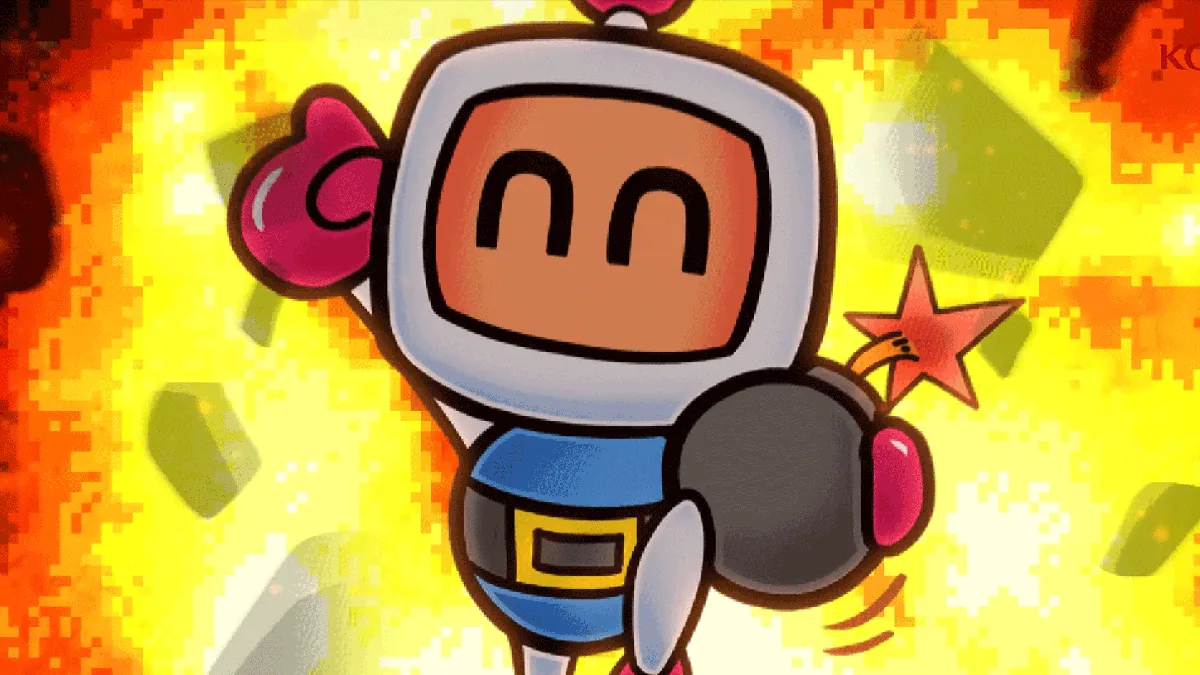To call I am Bread bizarre would be an understatement. You play as a slice of bread that seeks to turn itself into toast. You do this by flopping around the house, climbing up walls, furniture, and generally flinging yourself around in your search for a toaster – or a suitable substitute, rather – without compromising your edibility. The journey takes you from the kitchen and living room to the garage and bathroom, toasting every slice of bread until the loaf is finished.
It’s a very weird, very silly game. Considering it comes from Bossa Studios, however, the folks behind Surgeon Simulator 2013, the absurd premise makes sense. I am Bread follows the same template of asking you to complete tasks that require precision while struggling with an intentionally unwieldy control scheme. Instead of controlling a person’s hand and fingers performing surgery, this time it’s a slice of bread trying to navigate a house.
You move your slice by flopping around, either by slowly nudging yourself forward or by latching onto whatever surface you can to flip and flop or toss yourself around. The triggers and bumpers of the controller (or the 1-4 number keys on a keyboard) allow you to attach one of the corners of the bread onto whatever it’s touching, the face buttons allowing you to grab an object to carry around or throw. The basics of movement come easily – just hold down a couple of the shoulder buttons and push forward – but actually getting anywhere takes considerable effort.
Precision is key. You have to move carefully, for one small misstep is all it takes for everything to fall apart. A grip meter pushes you to keep moving rather than take your time in scaling walls, which starts to deplete the second you latch onto anything. The house is also a mess. Every room is littered with all manner of dirt, grime, or generally unsavory items. Coming into contact with any of them greatly reduces your edibility. It forces you to take things slowly, to plot out your path before beginning to flop about.

Each room has a few clearly delineated paths to take, but they all require some form of acrobatics to reach. Throwing yourself around is generally a bad idea, since it often leads to trouble, but it’s also a necessity. Just climbing up walls and furniture isn’t always enough. Sometimes you have to leap toward a stack of shoeboxes to get closer to a shelf, or drop from a table onto a skateboard to reach the kitchen counter. Tasks that seem easy enough given how light a slice of bread is, but are difficult in execution because you’re a slice of bread.
For the most part, I am Bread strikes a fine balance between absurdity and challenge, able to play off failure with a laugh rather than anguish. The moments when you know you’ve made a horrible mistake, left to watch in horror as the bread slowly begins to tumble away from the wall and fall to the ground, is as crushing as it is hilarious. The goofy nature of the whole escapade is so ridiculous that even when you fail just as you’re on the cusp of victory, it’s hard not to laugh. The jaunty soundtrack helps as well. But mainly it’s because the levels never ask too much of you. They’re easy enough to traverse that you can make up lost time with little trouble. Flopping about is the only challenge they provide, because anything more would overcomplicate things.
The fun in I am Bread comes from the premise, not mechanical mastery (though there is an element of that, what with the grades you receive upon completing a level). Octodad: Dadliest Catch is similar in many regards – a game whose protagonist was intentionally unwieldy to control – and its first few levels played to its strengths. Toward the end, however, it decided to complicate things by throwing in stealth sections and forcing you to be very deliberate with your movement. It dragged the latter half of the game down immensely, destroying some of the goodwill it had built up.
I am Bread falls into the same trap at the end of its story mode. The penultimate level requires a lot of very particular conditions be met before you can toast your doughy flesh. It’s set in a petrol station, and there’s nothing you can easily turn on or climb atop of to cook yourself with. Instead, you have to traipse about the station trying to create flame, either by carrying a lighter with you into a pool of gasoline or by knocking a canister of propane over into said pool or by lighting it up with the aforementioned lighter. Regardless of which method you choose, none of them alleviate any of the frustration involved with those options. I am Bread works because it only demands precision in movement. Climbing around is tough enough due to your impractical form, but it’s doable. Trying to manipulate the environment just doesn’t work. It requires a level of skill and precision that I am Bread doesn’t provide.
Other modes include Rampage, where you control a baguette that tries to destroy as many fragile objects as possible in two minutes; Free Roam, which allows you to explore each room without any fail-state; Race, where you roll around as a bagel attempting to pass through all the checkpoints in the fastest time possible; Cheese Hunt, where you take on the role of a cracker collecting slices of cheese scattered around the room; and Zero G, where you try to toast yourself while contending with the challenges of even more unwieldy control scheme than usual. The other modes provide a nice touch of variety, each playing to I am Bread’s strengths in different ways. Rampage is great because it throws all caution to the wind and lets you run wild. Cheese Hunt highlights the art of traversal when taken very slow and deliberately, as instead of edibility, it’s the integrity of the cracker you have to watch. Race demonstrates the speed with which you can conquer levels. And Zero G further emphasizes precision – albeit in the worst way possible.

Roaming around with gravity enabled is tough enough already. Take gravity away, and everything becomes a mess. And not in a fun way. Instead of latching yourself onto objects, the bread’s been outfitted with thrusters that allow it to twist, turn, and rotate in addition to moving forward. It’s hard to wrap your mind around and nigh impossible to accomplish anything because of it. Every time I tried this mode, I always ended up quitting after spending several minutes getting nowhere. Precision is clearly important, but the investment required to get anything out of it isn’t worth it.
I am Bread on the whole, however, is definitely worthwhile. It’s a fine slice of videogame comedy in much the same way Octodad and Surgeon Simulator were. I am Bread may fall into the same pitfalls toward the end, but they’re worth enduring when the majority of the game is so enjoyable.





